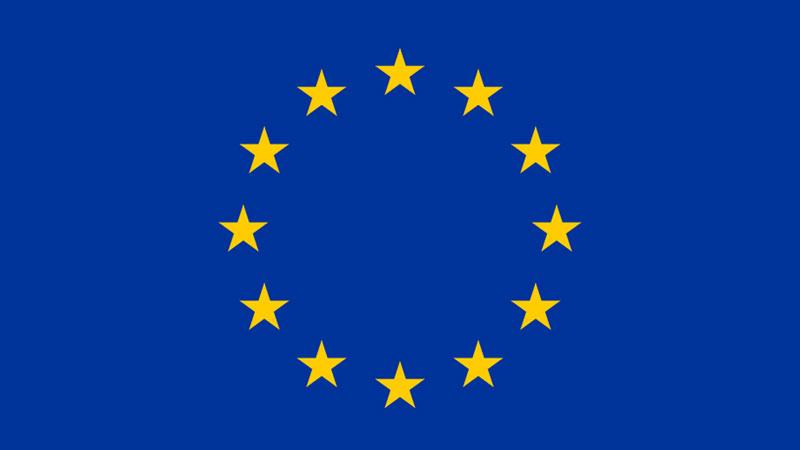
The restoration of the GSP+ trade concession by the European Union will increase Sri Lanka’s competitiveness in export markets and send a signal to international investors that the country is worth investing in but requires support from the business community to ensure promised reforms are implemented, a senior EU trade official said last week.
“GSP is an excellent incentive for countries that want to have sustainable growth,” said Nikos Zaimis, Adviser to the European Commission, Directorate General for Trade in Brussels, Belgium. “It is a very generous package. It will put Sri Lanka in a better place to compete with countries such as Pakistan and Bangladesh.”
The EU has 10,000 tariff lines and the GSP+ means 6,600 products can get into the EU tariff-free.
Between 65-75% of Sri Lankan exports to the EU are apparel on which tariffs will fall from 9.6% to zero. In fishery products tariffs will fall from 13% to zero.
According to EU procedure, a decision by the EU parliament on granting Sri Lanka GSP+ is expected by May 15.
“Getting the GSP+ concession is a message to investors that you can put your money in this country,” said Zaimis. “It is a message of trust. A powerful message for investment.” Sri Lanka should keep up the progress it has made in meeting its international obligations even after obtaining the GSP+ concession, Zaimis said at a seminar titled ‘EU Trade Policy – Opportunities for Sri Lanka’ organised by The European Chamber of Commerce of Sri Lanka (ECCSL) in partnership with the Delegation of the European Union (EU), Colombo to Sri Lanka and the Maldives and the Shippers Academy.
“All the good work and good news from Sri Lanka should continue. Co-operation with the EU should continue. Obtaining GSP+ is the beginning of the process. We’re committed to a continuing dialogue.”
Zaimis stressed that the government should not be left to work alone to meet the commitments needed to qualify for GSP+ and needed support from the business community to continue with the promised reforms.
“The business community is a stakeholder in this process – the government alone can’t do it,” said Zaimis. “Businesses are a major beneficiary of GSP+ but also risk being a major loser if something goes wrong. Please raise your voice and support the government to keep the reforms going.”
The Generalised System of Preferences (GSP) concession has three key characteristics, he said. “It’s all about international values and standards. We are not imposing EU standards on anybody – only international standards such as those of the United Nations and International Labour Organisation. So countries applying for GSP are already committed to implementing these standards.”
The second key characteristic was the commitment to co-operate with international bodies. “It means reporting obligations must be respected, visits by UN bodies arranged,” said Zaimis.
“Thirdly, GSP recognizes progressive trends – nobody is perfect, everybody has shortcomings. GSP+ is not an award to the perfect student but an incentive to countries which have shortcomings to do better. We try to be balanced and show the weaknesses and constraints and areas where countries have made progress.” - CJ
